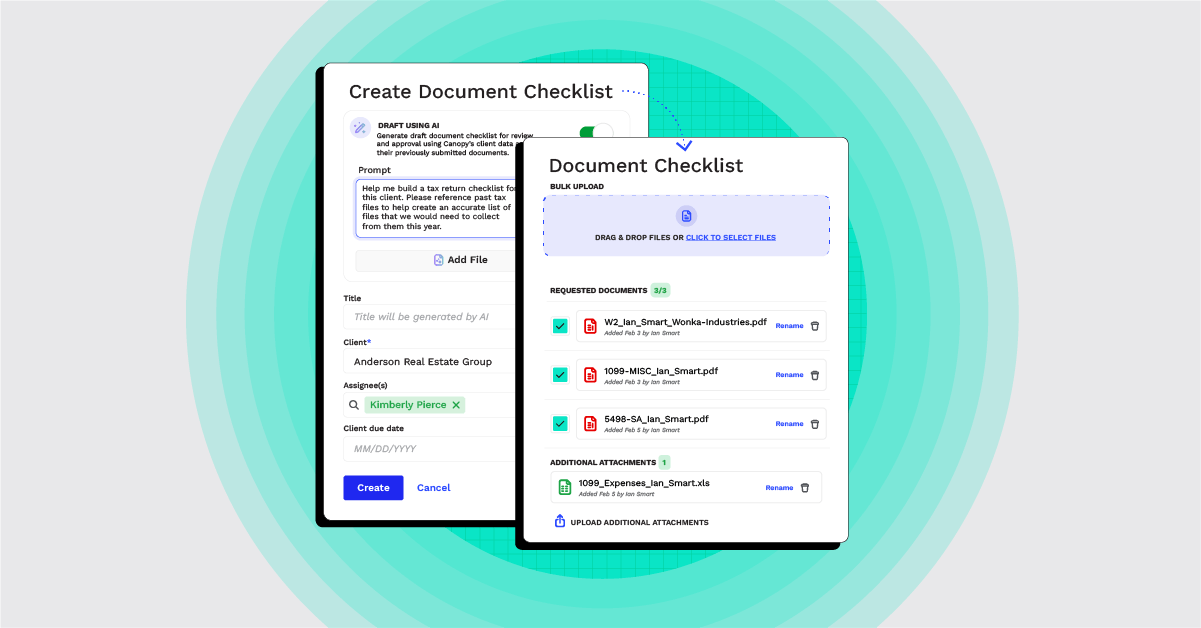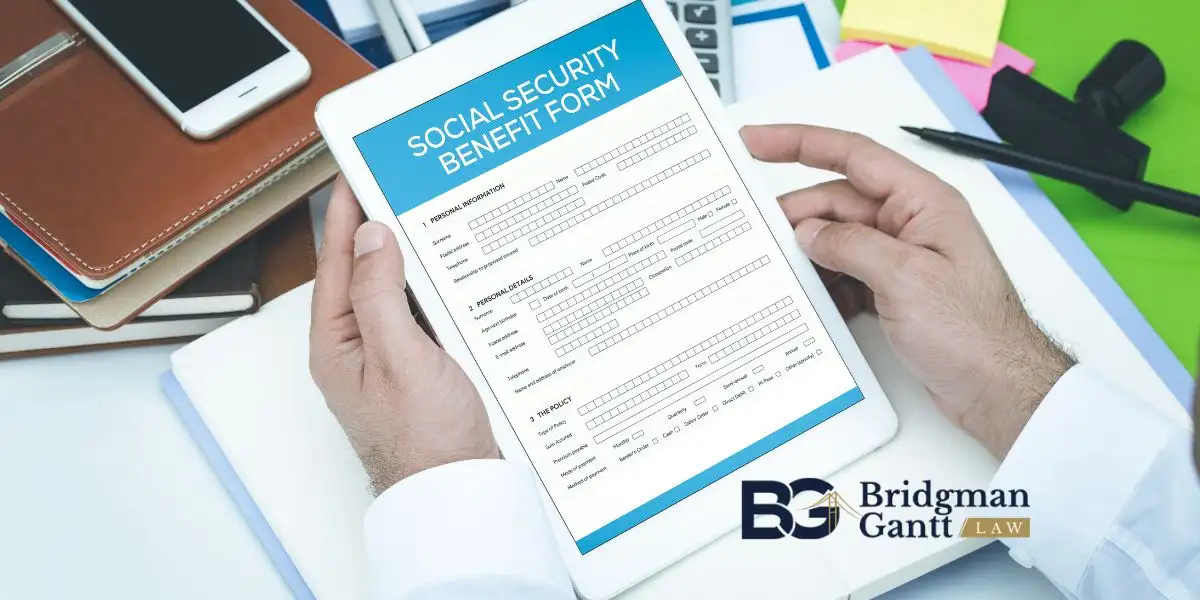The federal tax system provides various procedural safeguards to protect taxpayers while ensuring efficient tax collection. These protections become particularly important when taxpayers face immediate collection actions while simultaneously pursuing tax credits or refunds that could eliminate their tax debt.
Many businesses have recently found themselves in this situation after filing amended returns to claim COVID-relief tax credits. In these employee retention tax credit cases, the IRS owes the taxpayer for several tax periods, but the taxpayer may owes the IRS these or other tax periods. The question arises: can taxpayers prevent the IRS from collecting while their credit claims are being processed? What if the IRS is just inept and doesn’t do its assigned job function to process the tax returns showing the credits? Should that play into this issue to the taxpayer’s detriment?
The recent case of Peoplease, LLC v. Commissioner, T.C. Memo. 2025-21, provides an opportunity to consider this situation.
Facts & Procedural History
The taxpayer in this case owed employment tax liabilities for Form 941 taxes for the quarterly tax period ending December 31, 2021. By late 2023, their outstanding liability had grown to over $11.2 million. After receiving notices about their unpaid tax debts, the IRS moved forward with collection actions by issuing a Final Notice of Intent to Levy.
The taxpayer responded by requesting a hearing through the IRS Office of Appeals, where their tax attorney explained they had submitted Form 941-X claiming the Employee Retention Tax Credit. When investigating this claim, the Appeals Officer discovered additional documentation was needed. Despite multiple requests for this information through the tax litigation process, the taxpayer never responded, ultimately leading to a determination sustaining the levy action.
Collection Due Process Rights Under Section 6330
Section 6330 of the tax code establishes the foundation for taxpayer rights during collections. This section requires the IRS to notify taxpayers of their right to a hearing before proceeding with levy actions. The statute outlines specific requirements about notification timing, hearing procedures, and permissible issues that can be raised during these proceedings.
Taxpayers who owe back taxes to the IRS understand all too well that these hearings serve as a critical checkpoint in the collection process. While these hearings can provide a remedy in some circumstances, they are not a complete remedy. The code specifically details what issues may be raised, including appropriateness of collection actions, collection alternatives, and challenges to the underlying liability in certain circumstances.
Limitations on Tax Court Authority in Collection Cases
When taxpayers pursue tax litigation involving collection disputes, they must understand the boundaries of Tax Court jurisdiction. The court’s authority stems directly from Section 6330(d), which provides specific parameters for reviewing collection determinations. This is particularly important when it comes to tax attributes, such as tax credits, from other periods.
The tax code establishes strict requirements for claiming and verifying tax credits. These requirements are particularly important when taxpayers attempt to use pending credit claims to affect ongoing collection actions. Understanding how the IRS processes credit claims helps explain why unprocessed claims cannot halt collection activities.
The Employee Retention Credit and Jurisdiction
The Employee Retention Credit presents a unique challenge in CDP cases. The Tax Court in Peoplease addressed this issue head-on, making two critical determinations about ERTC claims in the collection context.
First, the court emphasized that it lacks jurisdiction in CDP cases to determine overpayments or credits from other tax periods. This jurisdictional limitation means that even if a taxpayer has potentially valid ERTC claims for other quarters that might satisfy the liability under collection, these claims cannot prevent current collection action.
Second, and perhaps more importantly, the court held that unprocessed credit claims do not constitute “available credits” that can be considered in determining whether a tax liability remains unpaid. The taxpayer had argued that its submitted ERTC claims for other quarters would ultimately resolve the liability at issue. However, the court rejected this argument, holding that mere claims for credit – even substantial ones – cannot be used to challenge the appropriateness of collection actions. This aligns with the longstanding principle from Weber v. Commissioner that potential future credits or refunds cannot serve as a basis for halting current collections.
What this misses is that the IRS is, admittedly, not processing ERTC claims. It has a statutory obligation to do so, but has administratively decided not to fulfill its delegated government obligation to process these returns. So unfortunately, with the tax court holding, the answer is that the IRS apparently can simply refuse to follow the law that requires it to process tax returns, and at the same time pursue taxpayers for collections in other periods even when the net balance is actually owed to the taxpayer and not the IRS.
The Takeaway
This case explains that taxpayers cannot rely on unprocessed credit claims, even potentially substantial ones, to prevent IRS collection actions. This principle applies broadly to all types of credit claims, including the Employee Retention Tax Credit–but it is particularly problematic for ERTCs. This does not mean that the extension of time that the CDP hearing provides is not helpful. But for taxpayers facing collection while awaiting credit processing, pursuing immediate collection alternatives may provide a more achievable remedy given this case.
Watch Our Free On-Demand Webinar
In 40 minutes, we’ll teach you how to survive an IRS audit.
We’ll explain how the IRS conducts audits and how to manage and close the audit.



























